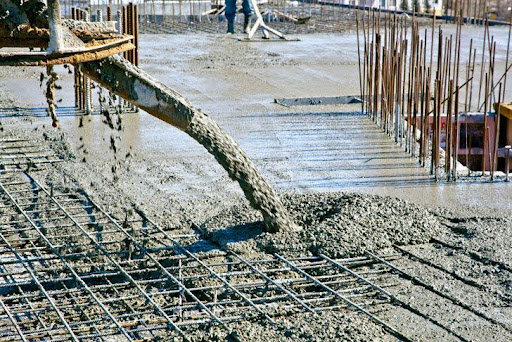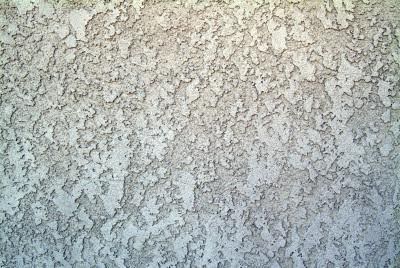For concrete, water is essential not just during its preparation but also for its curing. We need to understand that water is crucial for the curing process of concrete. This is not just an important part during construction, but a critical element, as inadequate curing poses a significant risk to the overall integrity of the construction.
For concrete, water is essential not just during its preparation but also for its curing. We need to understand that water is crucial for the curing process of concrete. This is not just an important part during construction, but a critical element, as inadequate curing poses a significant risk to the overall integrity of the construction.
Water plays a crucial role in increasing the strength of concrete and extending its durability. The curing process must be properly managed, especially during the first 28 days after the concrete is produced. During this period, the concrete gains strength and undergoes the necessary chemical reactions. Proper hydration through curing ensures the concrete does not dry out prematurely, which could otherwise lead to significant damage and reduced strength. The presence of water during curing is thus indispensable, as it helps to maximize the potential strength of the concrete and avoid any adverse outcomes.
What happens if the concrete doesn’t keep wet?
If we do not cure concrete properly, we encounter several stages that can be harmful to the concrete. Proper curing can significantly reduce the ratio of cracks and shrinkage. Additionally, there are many other issues we might face if we do not cure it properly. These potential issues are outlined below.
Durability decrease:
If concrete is not properly cured, its durability decreases. The durability of concrete refers to its ability to perform satisfactorily in a given environment over a long period. The decrease in durability can be attributed to several factors, one of which is inadequate curing. Other factors include the water-cement ratio, the quality of the constituent materials, the shape and size of the concrete elements, and the quality of workmanship.
Strength will decrease:
If concrete is not properly cured, its strength is also affected. This results in a decrease in the overall strength of the construction. Water is crucial for the concrete to gain strength. When concrete dries, it produces heat. Water helps to balance the temperature between the concrete and its environment.
Duration will be decreased:
If concrete is not cured properly and does not receive adequate water, its lifespan decreases. For example, if the expected lifespan of a concrete structure is 10 years, inadequate water curing can reduce this lifespan to as little as 2 years. The reduction in durability and strength due to improper curing significantly shortens the concrete’s lifespan, leading to potential damage and increased maintenance costs.
Shrinkage will occur:
Improper curing of concrete leads to shrinkage. Several factors must be considered if the concrete does not have the proper water ratio. Shrinkage caused by improper curing reduces the concrete’s period. Due to inadequate strength, reduced duration, and lower durability, shrinkage occurs in the concrete.
Cracks will occur:
Improper curing of concrete leads to the formation of cracks. When the water ratio is insufficient, cracks develop within the concrete. Once concrete starts to set, it produces heat. Water helps to equalise the temperature of the concrete with that of the environment. This temperature difference can cause cracks in the concrete without adequate water.
Conclusion:
It is essential to maintain the appropriate water ratio according to the concrete’s requirements. Proper curing ensures that our construction is protected from reduced durability, decreased lifespan, diminished strength, shrinkage, and cracks. These observations confirm that water is an essential part of concrete.
If you need any concrete-related services, you can reach out to Des Moines Concrete Contractors. They offer top-notch services for all your concrete needs, including paving Concrete, driveways, sidewalks, and more, right in your area.


